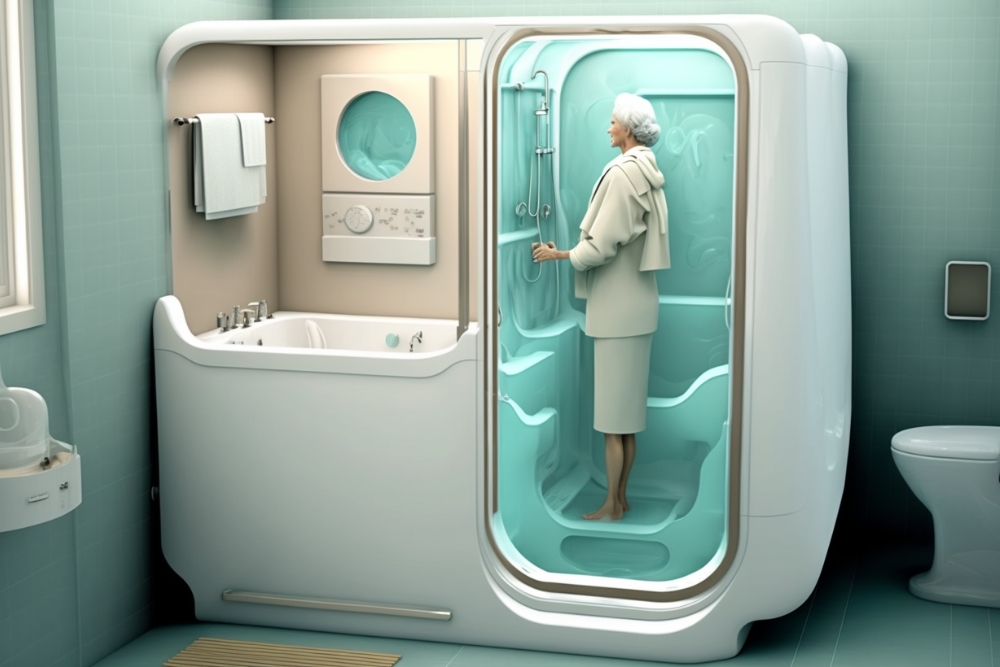The Resurgence of Diesel Engines: An Unconventional Powerhouse
Diesel engines, once regarded as noisy and dirty, are experiencing a resurgence in the automobile industry. Manufacturers are leveraging the power, efficiency, and longevity of these engines, redefining their image in the process. Let's delve into this intriguing trend and explore the reasons behind the diesel engine's unexpected comeback.

Chapter One: A Historical Overview of Diesel Engines
Diesel engines have had a tumultuous history. Patented in 1892 by Rudolf Diesel, they initially gained popularity for their efficiency and power, especially in commercial and industrial applications. However, their reputation was marred by their notorious ‘dirty’ emissions and the clattering noise they produced. Over time, gasoline engines overtook their popularity due to lower noise levels and cleaner emissions, relegating diesel engines to niche markets.
Chapter Two: The Rise of Cleaner Diesel Technology
Technological advancements over the past two decades have led to the creation of cleaner and quieter diesel engines. Manufacturers have integrated particle filters and selective catalytic reduction systems to minimize harmful emissions. Additionally, common-rail direct injection technology has made diesel engines quieter and more responsive. These developments have allowed diesel engines to meet stringent emission standards, opening up new possibilities for their use in passenger vehicles.
Chapter Three: The Current Industry Trend
The automotive industry is currently witnessing a diesel resurgence. Manufacturers, including Chevrolet, Ford, and Ram, are launching diesel variants of their popular models. These vehicles offer better fuel efficiency and longer driving ranges compared to their gasoline counterparts, appealing to consumers who prioritize economy and sustainability. Furthermore, diesel engines provide more torque, enhancing the driving experience, especially for off-road and towing purposes.
Chapter Four: The Impact of Diesel Engines
The resurgence of diesel engines has several implications. For one, it challenges the notion that diesel engines are inherently dirty and noisy. It also expands the choices available to consumers, offering vehicles that combine power, efficiency, and environmental responsibility. Yet, there are challenges. Despite advancements, diesel engines still emit more nitrogen oxides than gasoline engines, which contribute to air pollution. Overcoming this obstacle will require further technological innovations.
A Future Powered by Diesel?
The diesel engine, once relegated to the sidelines, is making a remarkable comeback in the automotive world. Thanks to technological advancements and changing perceptions, diesel vehicles are increasingly seen as a viable and environmentally responsible choice. Yet, challenges remain, and the industry must continue to innovate to ensure the diesel engine’s place in a sustainable automotive future.
In conclusion, the return of diesel engines to the mainstream automotive landscape is a testament to the industry’s ability to innovate and adapt. It’s a reminder that no technology is ever truly obsolete - it just needs the right combination of advancements, applications, and perspectives to shine again.






